What kind of motor is best for a dough mixer?
Introduction: As an indispensable piece of equipment in the production of pasta, the performance of the core component of a dough mixer—the motor—directly affects the dough mixing effect and its service life.
So, what kind of motor is best for a dough mixer? This article will provide you with a detailed analysis of the key points for selecting a dough mixer motor.
I. Types of motors for dough mixers
Currently, there are two main types of motors used in dough mixers on the market: AC motors and DC motors.
1. AC motor
AC motors have advantages such as simple structure, stable operation and convenient maintenance, but during startup and operation, the speed is affected by the power supply frequency, resulting in large speed fluctuations.
Suitable for situations where kneading speed is not critical.
2. DC motor
DC motors have the characteristics of large starting torque, wide speed range, and smooth operation. They can obtain large torque at low speeds, which is beneficial for kneading and squeezing the dough during the kneading process.
Suitable for situations where high-quality dough kneading is required.
II. Key Considerations for Selecting a Dough Mixer Motor
1. Power
The power of the dough mixer should be selected based on actual needs.
Generally speaking, the power of a household dough mixer is between 200-500W, while the power of a commercial dough mixer is between 1-3KW.
The higher the power, the better the dough kneading effect of the dough mixer, but the energy consumption will also increase accordingly.
2. Rotational speed
The speed of the dough mixer motor has a significant impact on the dough mixing effect.
A high-speed rotating motor can quickly mix flour and water evenly, but it can also cause the dough temperature to rise, affecting the quality of the dough.
A low-speed rotating motor helps maintain the dough temperature and improves the kneading effect.
Generally speaking, a speed of 50-200 revolutions per minute is suitable for a dough mixer.
3. Brand and reputation
Choosing a well-known brand and a reputable motor ensures the quality of the dough mixer and after-sales service.
In addition, branded motors have advantages in terms of performance and lifespan.
4. Safety Performance
The safety performance of the dough mixer motor is of paramount importance.
When purchasing, pay attention to whether the motor has safety functions such as overload protection and short circuit protection to ensure safety during use.
5. After-sales service
Dough mixers are bound to encounter malfunctions during use.
Choosing a motor with good after-sales service ensures timely repair and replacement in case of malfunction, reducing operating costs.
III. Summary
What kind of motor is best for a dough mixer? Generally speaking, DC motors are superior to AC motors in terms of performance, speed range, and dough mixing effect.
When purchasing, you should consider your own needs and pay attention to factors such as motor power, speed, brand, safety performance, and after-sales service.
Hopefully, the above information will provide you with reference and assistance in selecting a motor for your dough mixer.
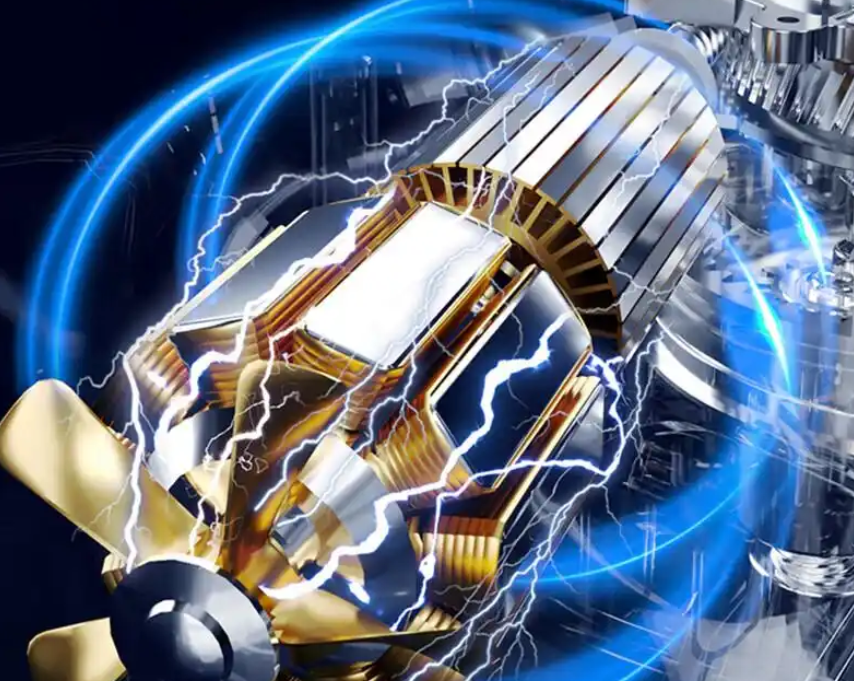



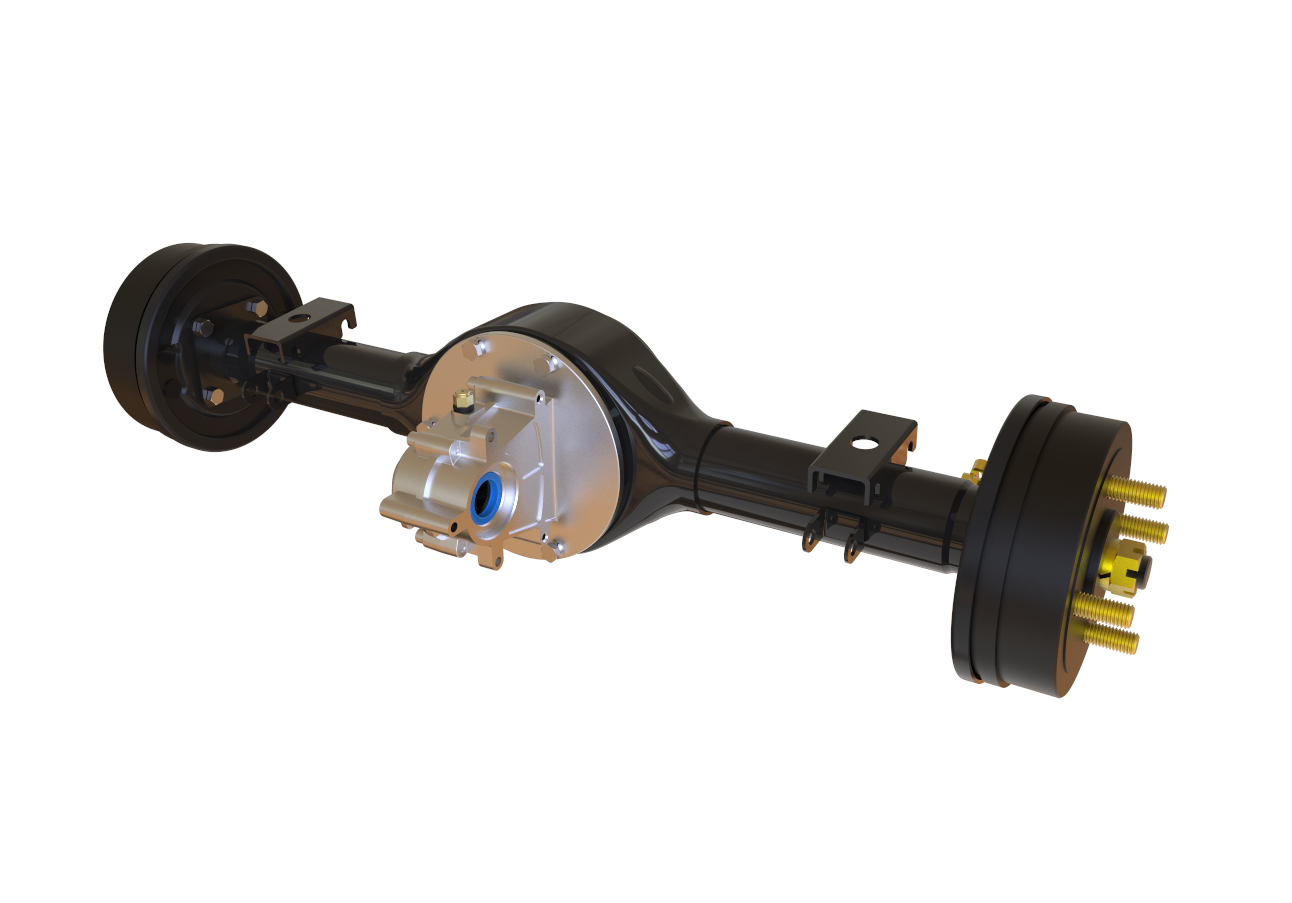
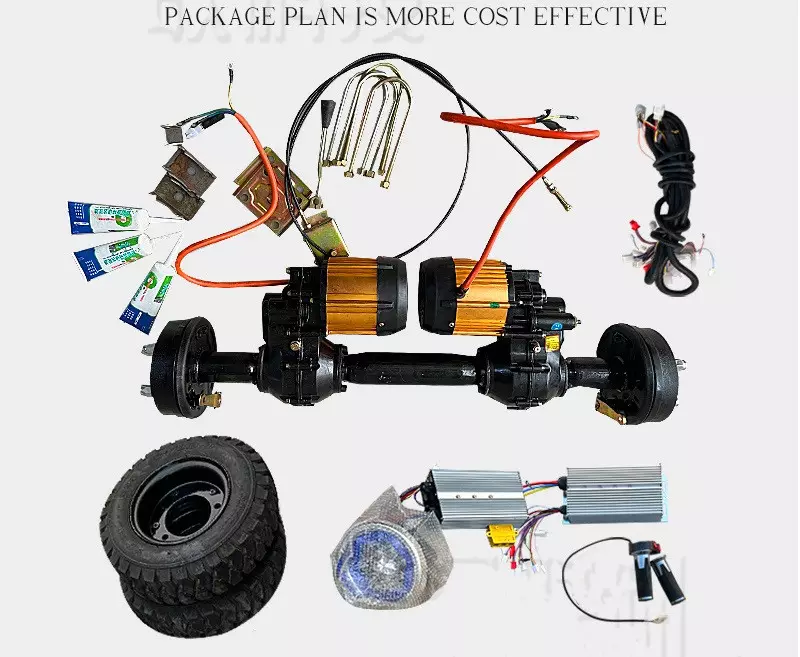

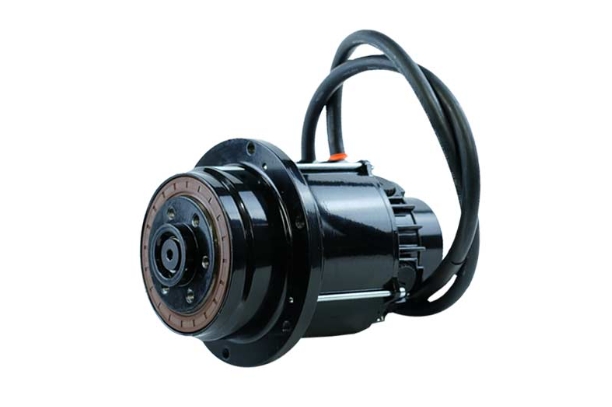
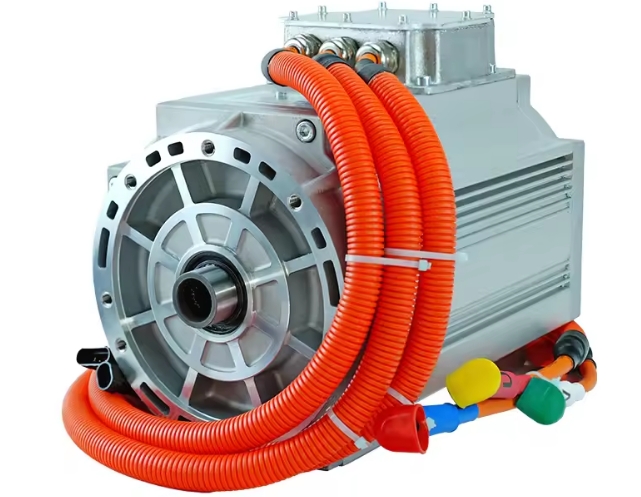
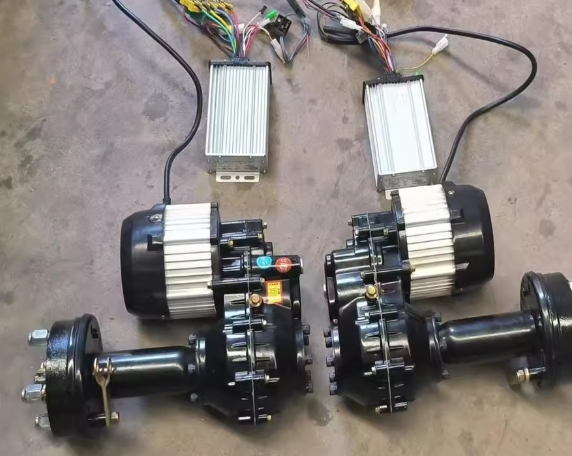
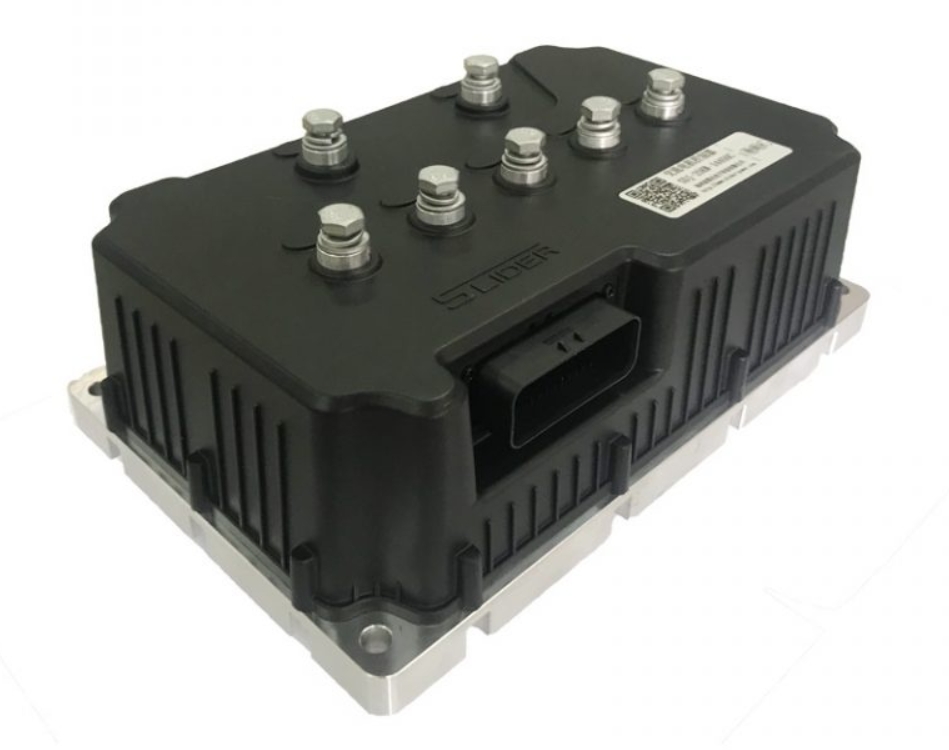

















 XINDA
XINDA